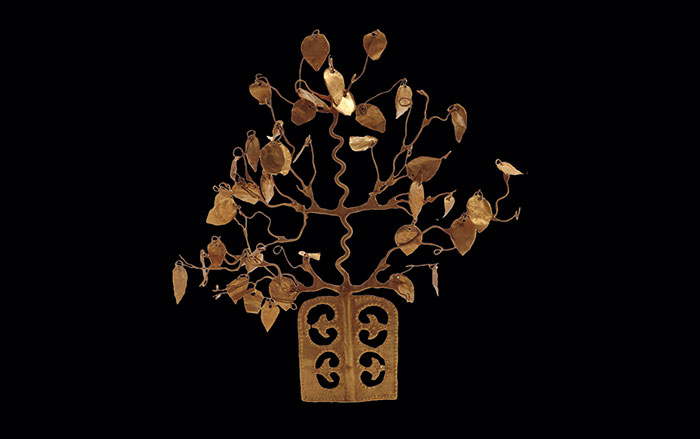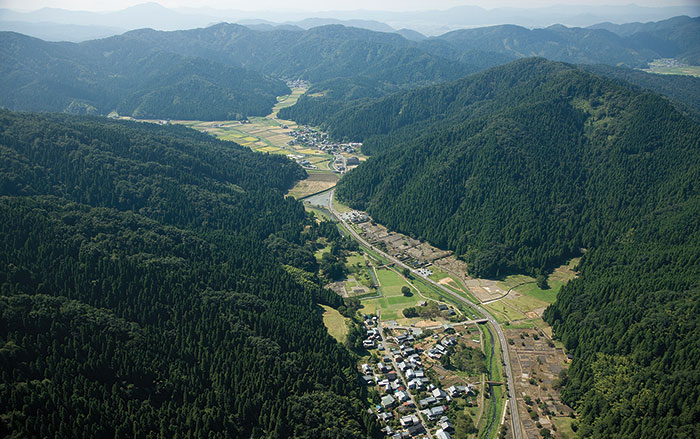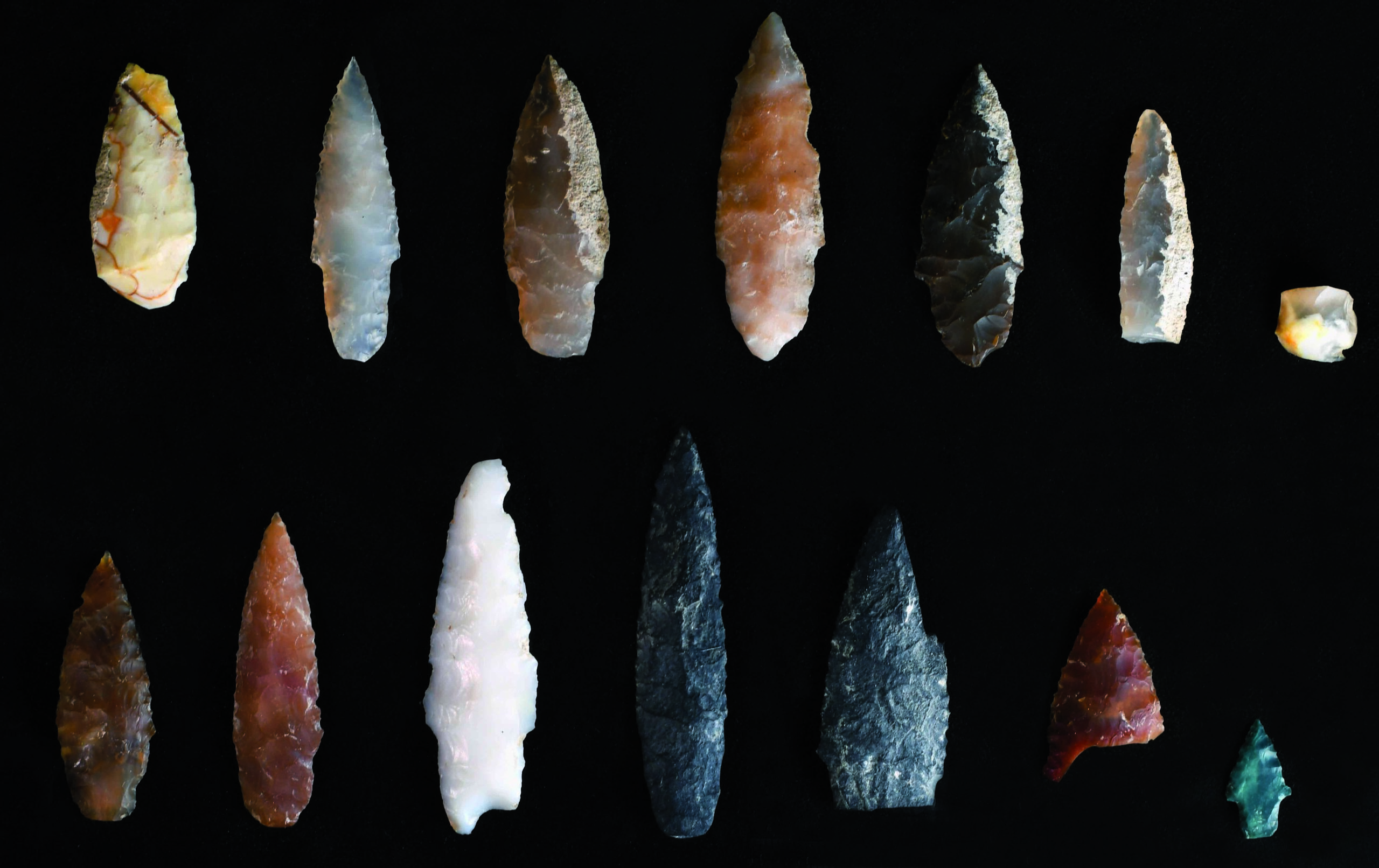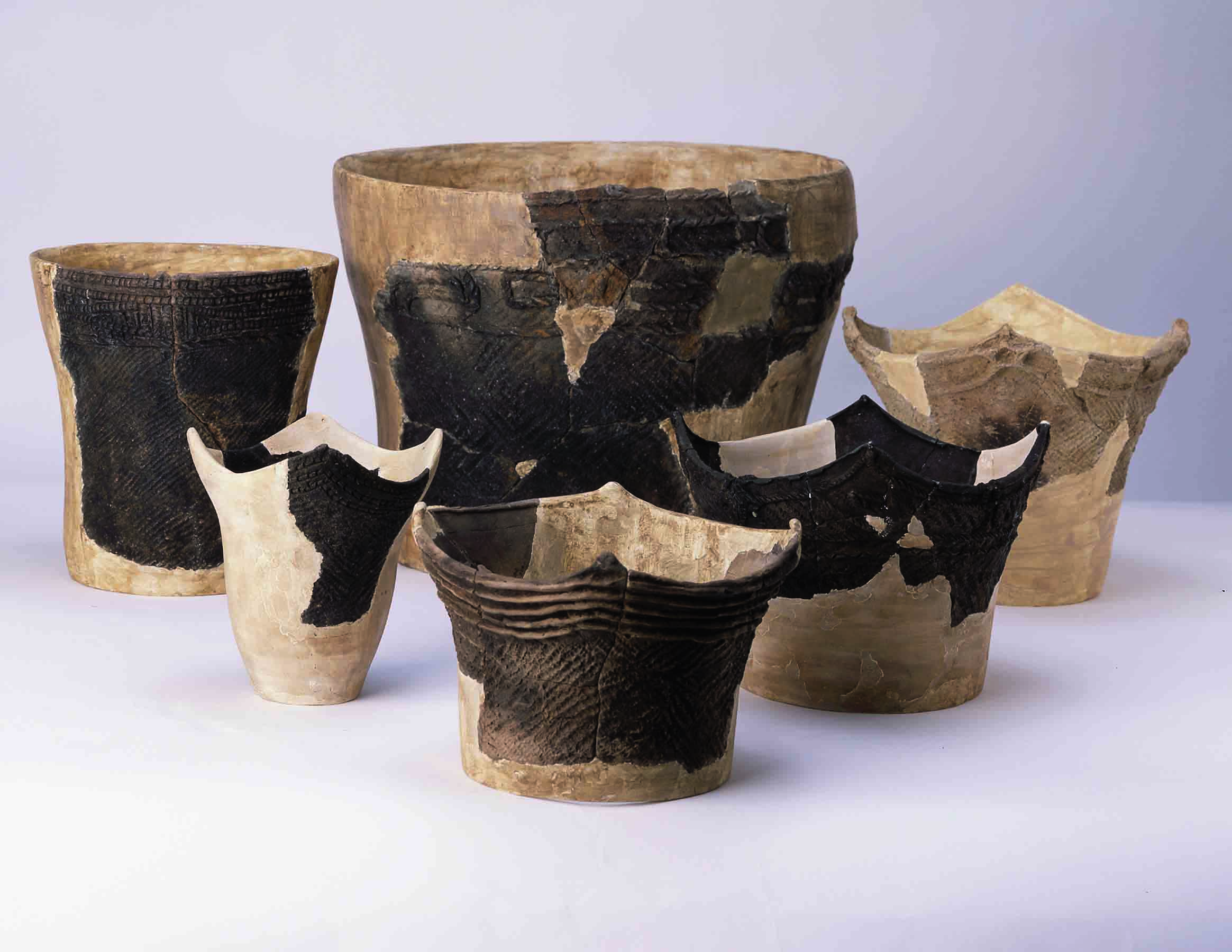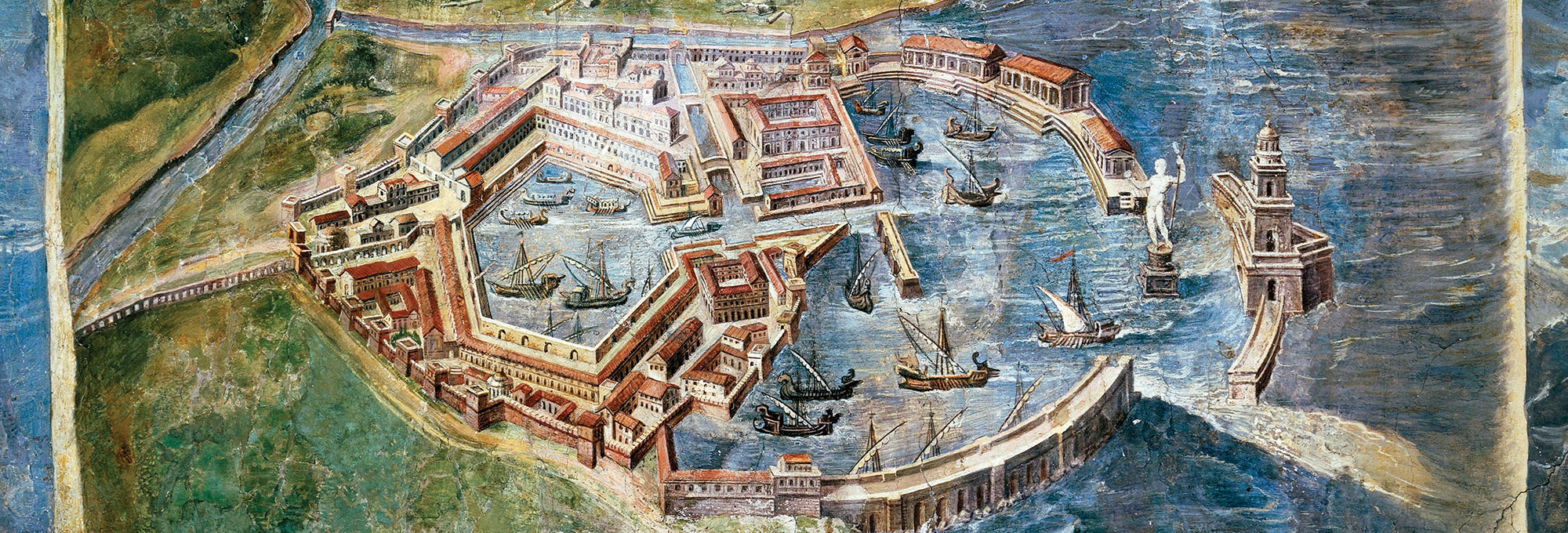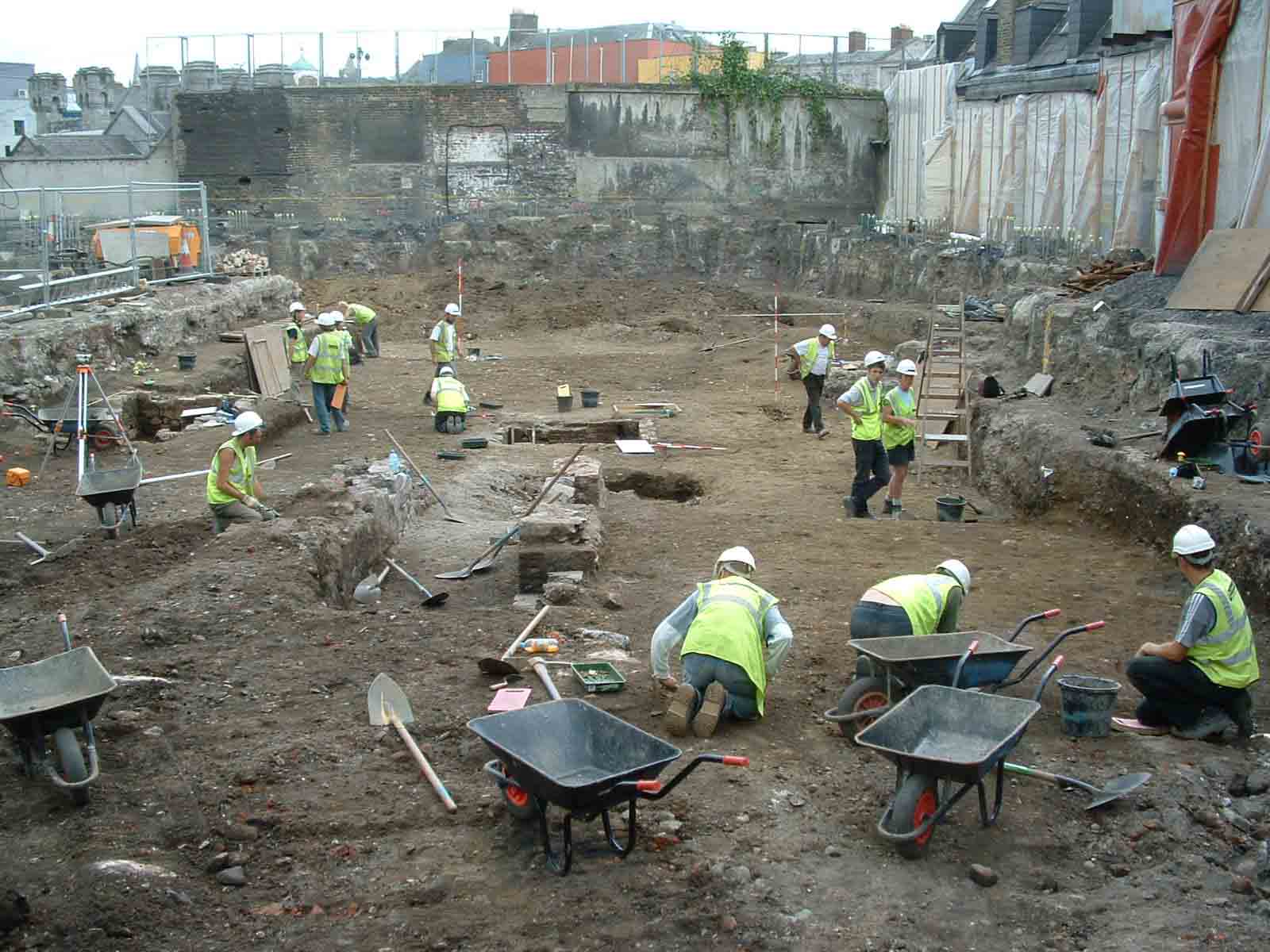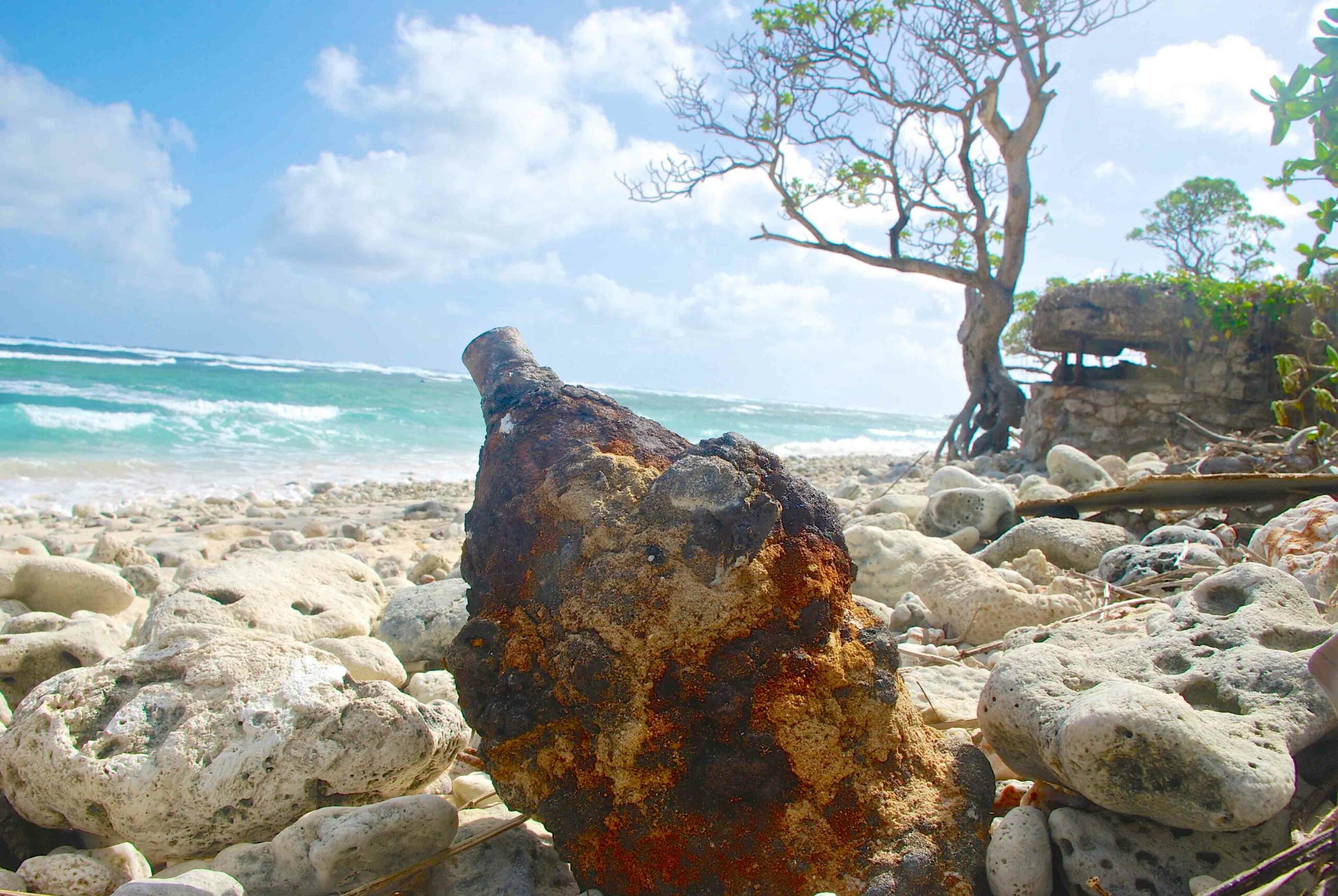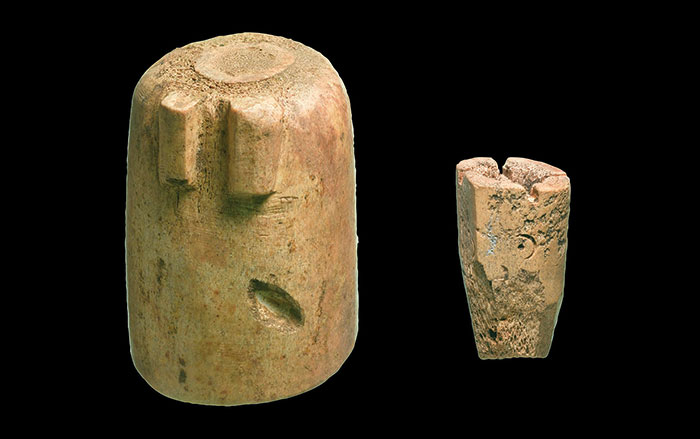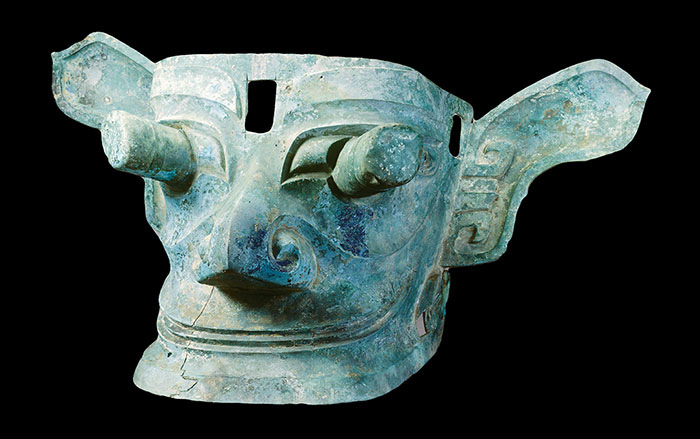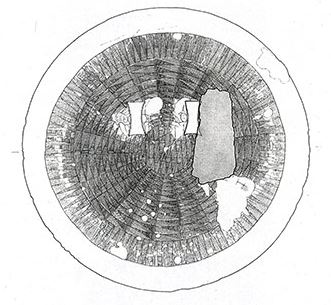
FUKUOKA PREFECTURE, JAPAN—A fragment of a mold used to cast bronze mirrors in 200 B.C. has been unearthed at the Sugu Takauta ruins in northern Kyushu. It had been thought that such tachukyo, or mirrors with knobs, had been imported from the Korean Peninsula at this time. The mold shows indentations to create knobs on the back of the mirror, which was circular in shape, and markings known as “rough patterns.” This mold may have been an early attempt to make mirrors with markings known as “detailed patterns” in Japan. Twelve mirrors with detailed patterns dating between the fourth and second centuries B.C. have been found in the tombs of powerful people in Yamaguchi Prefecture, Kyushu, and the Kinki region of the island of Honshu. “This has added a new chapter in uncovering the situation of early bronze tool production in Japan,” Junichi Takesue of Fukuoka University told The Asahi Shimbun. To read about Roman glass discovered in Japan, go to "Imported Glass in Japanese Tomb Identified."


